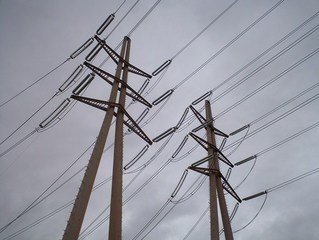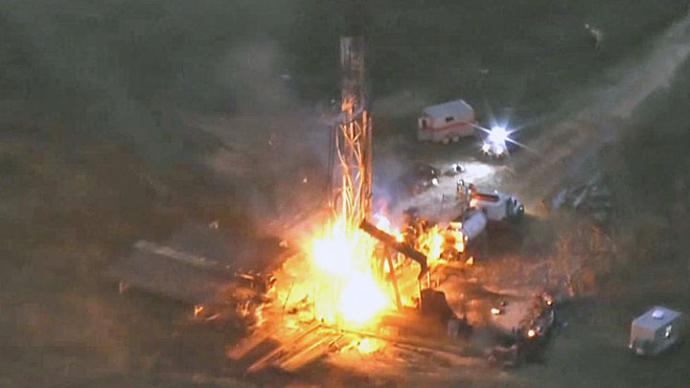The Texas rule against perpetuities (the “Rule”) was something all lawyers learned about in law school, but it seemed at the time like a concept we would not run into very often in real life law practice. Unfortunately, it comes up regularly in connection with Texas oil and gas leases and related interests.
In Texas, the Rule states that a property interest must vest within 21 years after the death of some life or lives in being at the time of the conveyance of that property interest. If it does not, then the interest is a perpetuity. Perpetuities are prohibited by Texas Constitution Article 1, section 26 as restraints on free alienation of property. A conveyance that violates the Rule is void.
In Tommy Yowell v. Granite Operating Company et al, the Texas Supreme Court had occasion to review a claim that an overriding royalty interest (ORRI) violated the Rule. As many of you know, an ORRI is a share of either oil and gas production or revenue from that production that is carved out of a lessee’s interest under an oil and gas lease. In most cases, when the oil and gas lease to which the ORRI is attached terminates, the ORRI terminates as well. In this case, the ORRI contained a provision that purported to cover any extension or renewal of the existing lease as well as any new leases. When the operator of a new lease stopped paying royalties to Yowells, they sued.





